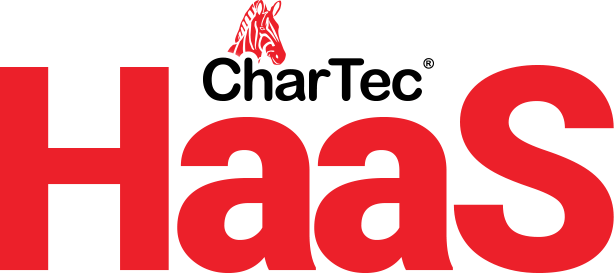The Dispute of WordPress and WP Engine: What’s Going On?
The conflict is messy and complicated. At the heart of it is the interpretation of the GPL (General Public License), which governs WordPress as open-source software. WordPress accuses WP Engine of violating certain aspects of the license, especially around proprietary enhancements and access to premium plugins and features. WP Engine, on the other hand, claims that its services and innovations are built in compliance with the GPL, providing value-added services to clients who rely on its robust infrastructure and support. This legal dispute highlights the fragile relationship between open-source software and commercial providers building profitable businesses around it. Staff members from both sides are drawing their lines in the sand.This has happened several times before, and in line with the guidelines you agreed to by being in the directory: https://t.co/90ni1jBFtA
Best of luck with your version. We're looking forward to making ours amazing for our users, using the best GPL code available. https://t.co/EpslTowsDD — WordPress (@WordPress) October 12, 2024
We were saddened and appalled by Matt Mullenweg’s actions this morning appropriating the Advanced Custom Fields plugin that our ACF team has been actively developing for the WordPress community since 2011.
Please read the following post for our full statement.… — Advanced Custom Fields (@wp_acf) October 12, 2024
Why MSPs Should Care
MSPs that provide WordPress-based services to their clients could face several challenges as this legal situation unfolds:- Uncertainty in Pricing and Licensing Models Should WordPress win, WP Engine may be forced to alter its pricing, licensing, or service structure, which could directly impact MSPs who rely on WP Engine's platform for their managed WordPress services. This may lead to higher costs or reduced access to premium features, affecting profitability.
- Reliability of Managed Hosting Providers If the dispute escalates, there’s the potential for disruptions in WP Engine’s services. MSPs that manage multiple client websites hosted on WP Engine could face service outages, delays, or policy changes that might disrupt their operations.
- Increased Legal Scrutiny This case might spark greater scrutiny on other hosting providers and managed services offering proprietary enhancements on top of open-source platforms. MSPs might need to review their own partnerships and service offerings to ensure they aren't exposed to similar legal risks.
- The Push for Alternative Solutions As the landscape changes, MSPs may begin to explore alternative CMS platforms or hosting providers. Diversifying the platforms you offer to clients could be a smart way to mitigate risk and avoid dependency on a single provider like WP Engine.
Preparing for What’s Next
For MSPs, staying ahead of potential disruptions is key. Here are a few steps you can take to ensure you're prepared:- Don’t Panic It is at least as likely that this legal drama won’t have a direct impact on your website or your business. Let it serve as a reminder to do your due diligence whenever possible.
- Review your WordPress Plugins If you are using ACF created by WP Engine, and you are NOT also on their hosting platform, you’ll no longer be able to receive updates for the ACF plugin from WordPress.org. You can access a complete list of WP Engine plugins here. Cross-check to see if the plugins you use are on the list. In particular, if you’re using the free version of Advanced Custom Fields (ACF), which is owned by WP Engine, be aware that updating this plugin via the WordPress plugin manager will convert it to Secure Custom Fields (SCF), which is owned by WordPress. In order to get ACF updates from WPEngine you must perform a 1-time download of the latest genuine version. (If you’re using the paid version of ACF, no need to worry—they'll continue to maintain the paid version.)
- Consider Your Current Hosting Contracts Take a closer look at your agreements with WP Engine or any other hosting provider. Ensure there are clauses for service disruption and consider building in contingencies to protect your clients and your business.
- Explore Diversification If you currently rely heavily on WP Engine, now might be the time to explore alternative platforms or hosting providers. There are several managed hosting services for WordPress (such as Kinsta, SiteGround, and Flywheel) that might offer better security against future legal risks.







